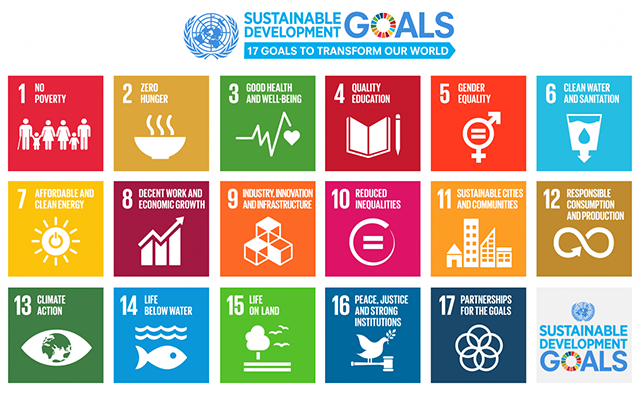Genome Editing
Location
Room A133
Document Type
Presentation
Type
EnACT
Start Date
11-4-2018 11:15 AM
End Date
11-4-2018 11:45 AM
Abstract
As the sophistication of technology advances, it introduces new issues that had previously not been a concern. One such issue is that of genetically editing human embryos. Genetic editing is not an idea of the future, but is a reality right now that has made substantial progress recently. As of now, the United States has few policies regarding this new technology, except for a ban of federal funding for research including human embryos , which was put in place in 2016. However, there is no policy regarding the regulation of genetic editing, and our group’s purpose is to fill this void. With our policy, we propose a law that requires private corporations that are doing research on genetic editing with human embryos to register for a permit. This would come with a small fee, as well as the location and people involved in the research. Our intention is to make sure that the research on genetic editing is done ethically, while still allowing research in this field to take place. Genetic engineering of human embryos has the potential to save many lives, but unmonitored it could lead to ethical battles over designer babies or be used as a biological weapon. Following our current plan, in the future, when genetic editing becomes readily available, it will be reserved solely for medical purposes, such as preventing or stalling deadly and debilitating genetic diseases.
Genome Editing
Room A133
As the sophistication of technology advances, it introduces new issues that had previously not been a concern. One such issue is that of genetically editing human embryos. Genetic editing is not an idea of the future, but is a reality right now that has made substantial progress recently. As of now, the United States has few policies regarding this new technology, except for a ban of federal funding for research including human embryos , which was put in place in 2016. However, there is no policy regarding the regulation of genetic editing, and our group’s purpose is to fill this void. With our policy, we propose a law that requires private corporations that are doing research on genetic editing with human embryos to register for a permit. This would come with a small fee, as well as the location and people involved in the research. Our intention is to make sure that the research on genetic editing is done ethically, while still allowing research in this field to take place. Genetic engineering of human embryos has the potential to save many lives, but unmonitored it could lead to ethical battles over designer babies or be used as a biological weapon. Following our current plan, in the future, when genetic editing becomes readily available, it will be reserved solely for medical purposes, such as preventing or stalling deadly and debilitating genetic diseases.


